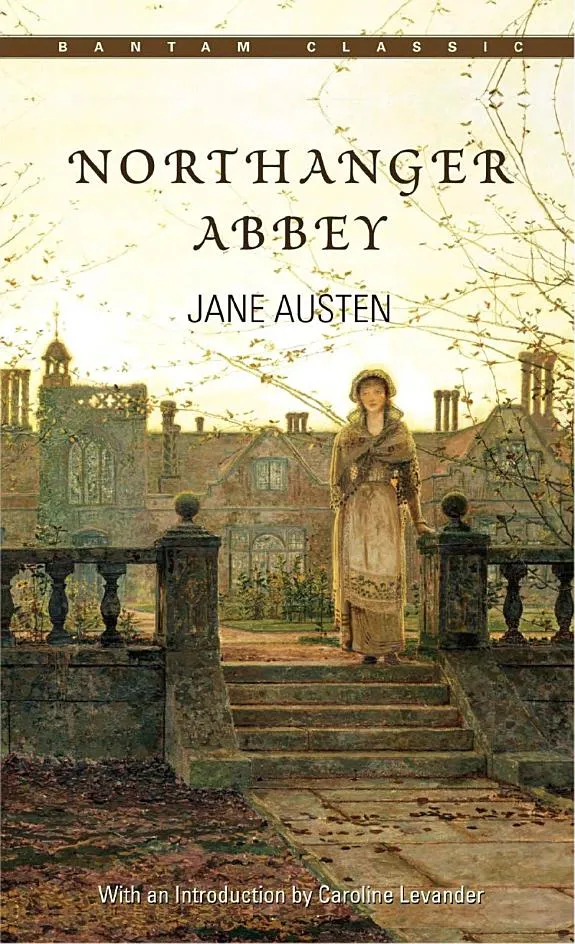The earliest of her six major novels, NorthangerAbbey remained unpublished until after Jane Austen’s death. A deliciously witty satire of popular Gothic romances, it is perhaps Austen’s lightest, most delightful excursion into a young woman’s world. Catherine Morland, an unlikely heroine—unlikely because she is so ordinary—forsakes her English village for the pleasures and perils of Bath. There, among a circle of Austen’s wonderfully vain, dissembling, and fashionable characters, she meets a potential suitor, Henry Tilney. But with her imagination fueled by melodramatic novels, Catherine turns a visit to his home, Northanger Abbey, into a hunt for dark family secrets. The result is a series of hilarious social gaffes and harsh awakenings that for all of Austen’s youthful exuberance nevertheless conveys her mature vision of literature and life—and the consequences of mistaking one for the other.
Jane Austen
Jane Austen was an English novelist born in 1775 in Hampshire, England. She is best known for her novels which explore the lives and manners of the English gentry in the early 19th century. Austen's most notable works include "Pride and Prejudice," "Sense and Sensibility," and "Emma." Her writing style is characterized by wit, social commentary, and keen observation of human nature. Austen's works have had a lasting impact on the literary genre of the novel, particularly in the development of the comedy of manners. Her most famous work, "Pride and Prejudice," is considered a classic of English literature and continues to be widely read and studied today. Austen's contributions to literature include her insightful portrayal of characters and relationships, her exploration of the role of women in society, and her enduring appeal to readers of all ages.

